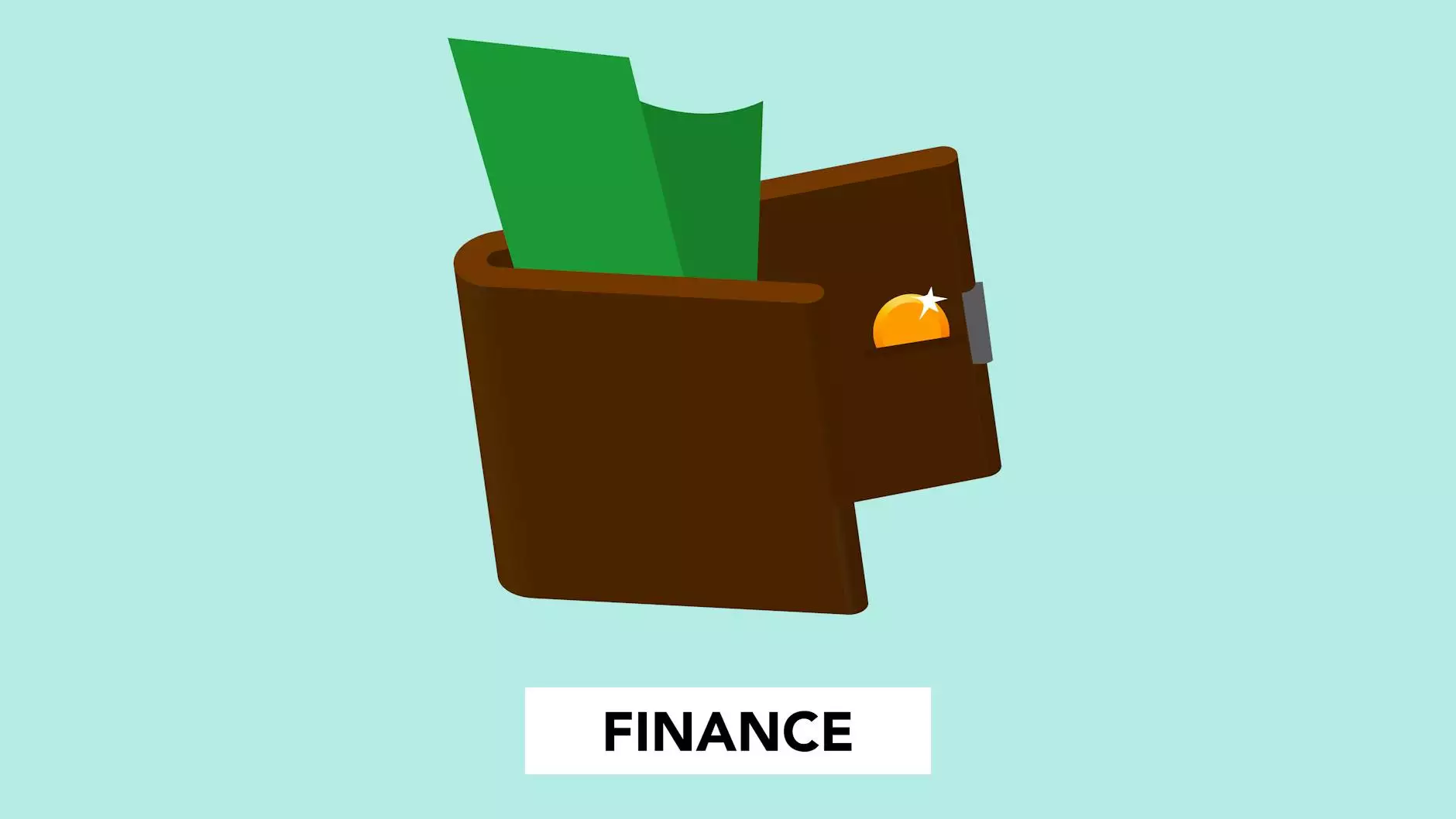What to Know About Rental Assistance Programs

Welcome to Social Service of America, your trusted source for information on rental assistance programs and other philanthropic initiatives. Our mission is to provide comprehensive resources and support to individuals and families in need. In this article, we will guide you through the ins and outs of rental assistance programs, helping you understand eligibility criteria, application processes, and more.
Understanding Rental Assistance
Rental assistance programs aim to provide financial aid to individuals and families who are struggling to meet their monthly rental payments. These programs are designed to support low-income households, veterans, seniors, and individuals with disabilities. Rental assistance can come in various forms, including vouchers, subsidies, and grants.
Eligibility Criteria for Rental Assistance
Eligibility criteria for rental assistance programs may vary depending on your location and the specific program. However, some common factors considered during the application process include income level, household size, and housing needs. It's important to review the specific requirements of the program you are interested in to determine if you meet the criteria.
Income Level
Most rental assistance programs prioritize individuals and families with low-income levels. Income limits are defined by the Department of Housing and Urban Development (HUD) and are based on the area's median income. These limits may vary depending on the size of your household.
Household Size
The size of your household is another crucial factor considered in rental assistance programs. Generally, larger households may have higher income thresholds and may qualify for more housing assistance. The exact guidelines may differ between programs, so it's essential to familiarize yourself with the specific criteria.
Housing Needs
Some rental assistance programs prioritize individuals and families facing housing instability, such as those experiencing homelessness or living in unsafe conditions. These programs often provide additional support services alongside financial aid to help individuals secure stable and safe housing.
Types of Rental Assistance Programs
There are several types of rental assistance programs available, each catering to different needs. It's essential to understand the differences between these programs to determine which one suits your situation best:
- Voucher-based Programs: Voucher programs, such as the Section 8 Housing Choice Voucher Program, provide eligible participants with rental vouchers that can be used towards privately-owned, affordable housing. Participants are responsible for finding a suitable rental unit within specific guidelines.
- Public Housing: Public housing provides affordable housing options managed by local housing authorities. Eligible individuals and families can apply for available units and pay rent based on their income level.
- Non-Profit and Charitable Organizations: Many non-profit organizations, community foundations, and charities offer rental assistance programs. These programs may have specific eligibility criteria, income limits, and availability based on local resources.
- Government Subsidies: Government subsidy programs provide financial aid to individuals or families with low incomes and high rental costs. These programs help bridge the gap between the individual's ability to pay and the actual rental cost.
- Emergency Rental Assistance: Emergency rental assistance programs are designed to provide immediate support to individuals facing sudden financial crises. These programs aim to prevent eviction due to unforeseen circumstances and offer temporary relief.
How to Apply for Rental Assistance Programs
Applying for rental assistance programs typically involves several steps. While the exact process may vary, the following general steps can guide you through the application:
- Research: Begin by researching rental assistance programs available in your area. Familiarize yourself with the eligibility criteria, required documents, and deadlines. Social Service of America offers a comprehensive directory of rental assistance programs to help you find relevant resources near you.
- Collect Documents: Gather all necessary documents required for the application. These may include identification documents, proof of income, proof of residency, and any additional documentation specific to the program you are applying for.
- Complete Application: Fill out the application form accurately and provide all requested information. It's crucial to double-check your application for any errors or missing details.
- Submit Application: Submit your completed application along with the necessary documents to the relevant rental assistance program. Ensure that you meet any specified deadlines and follow any specific submission instructions.
- Follow-up: After submitting your application, it's important to follow up with the rental assistance program to confirm receipt and inquire about the status of your application. Some programs may require additional documentation or an interview.
- Review Approval: If your application is approved, carefully review the terms and conditions provided by the rental assistance program. Pay attention to rental obligations, program duration, and any required participant responsibilities.
Conclusion
Rental assistance programs serve as a vital resource for individuals and families facing financial hardships. Understanding the eligibility criteria, different program options, and application process is essential to maximize your chances of receiving the assistance you need. At Social Service of America, we strive to connect individuals with the relevant support and resources to make a positive impact in their lives. Explore our website for more information on rental assistance programs and other philanthropic initiatives.










